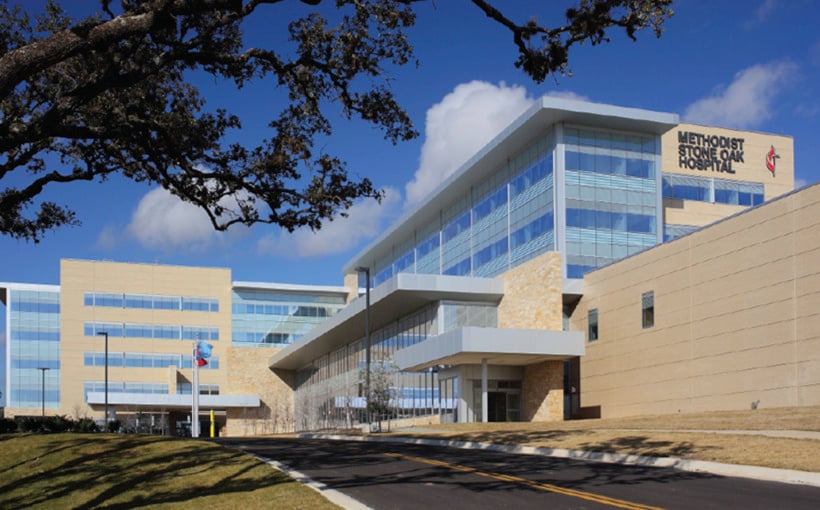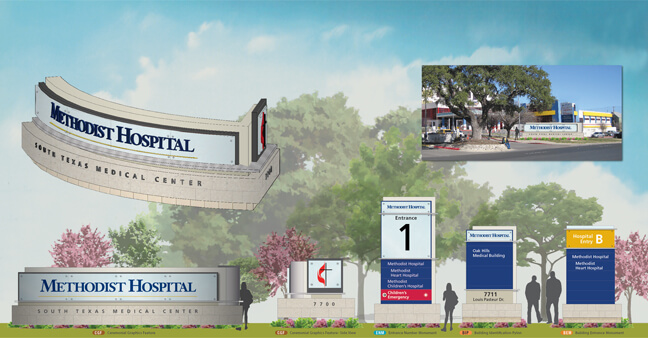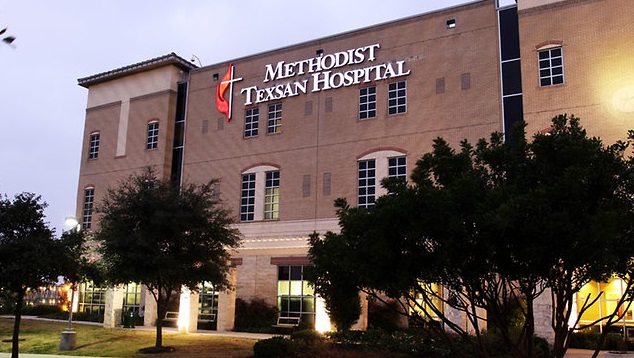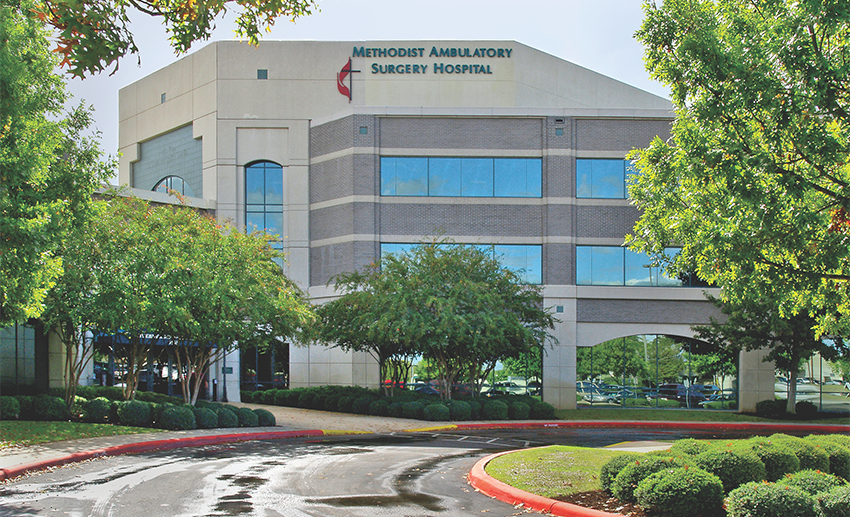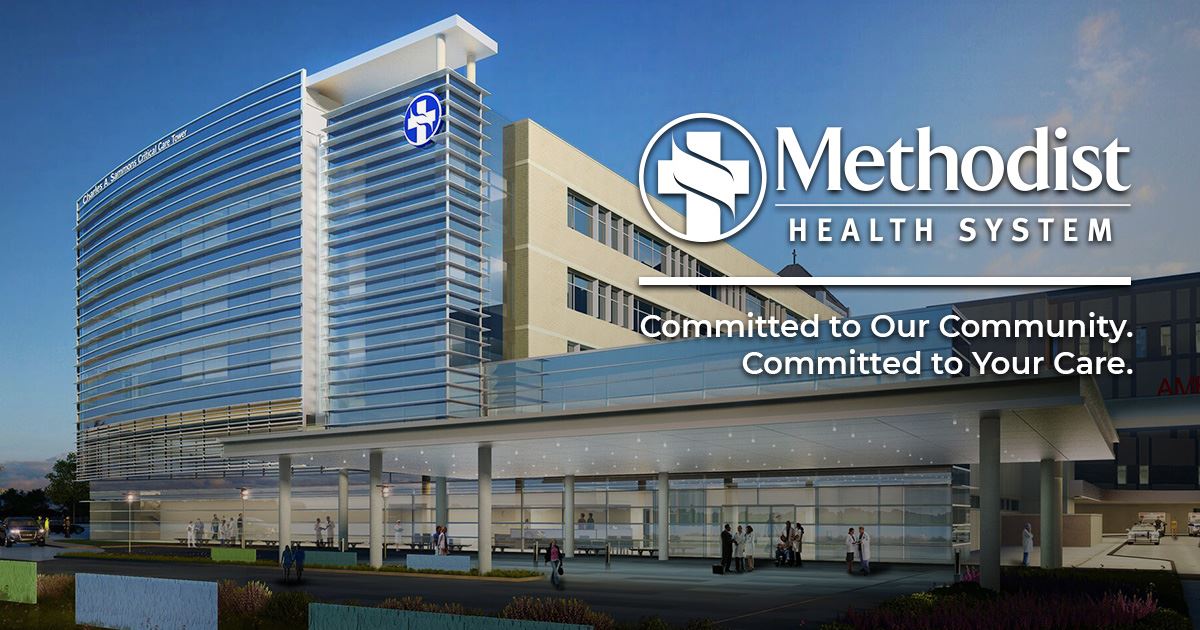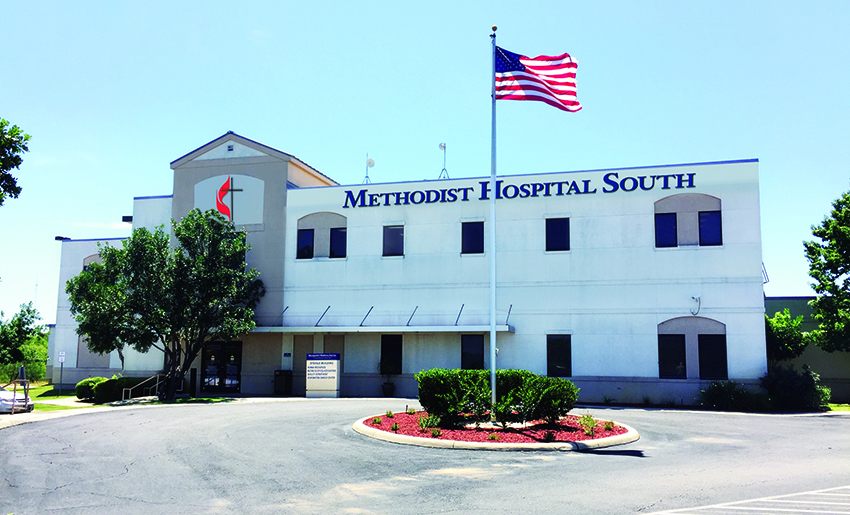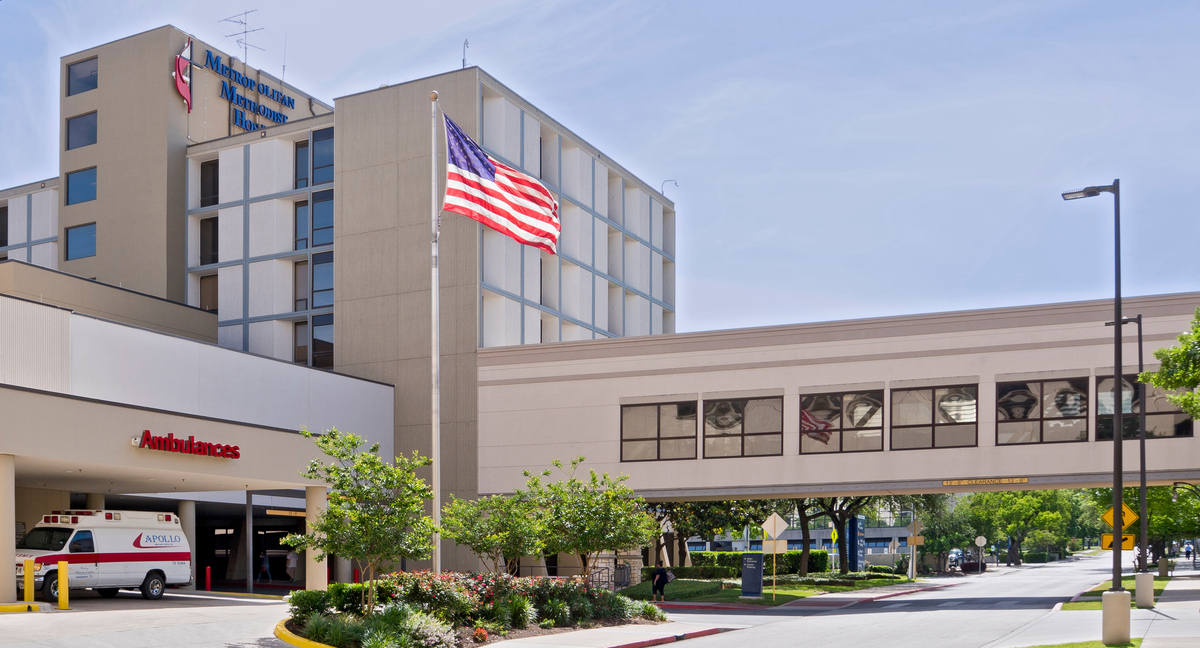Methodist Healthcare System Of San Antonio Program

San Antonio's Methodist Healthcare System is expanding access to healthcare through a multifaceted program designed to address health disparities and improve community well-being. The initiative focuses on preventative care, chronic disease management, and community outreach, aiming to create a healthier San Antonio for all its residents.
This comprehensive program, launched in early 2023 and ongoing, represents a significant investment by Methodist Healthcare in the city's health infrastructure. It seeks to proactively tackle the root causes of health issues, reducing the burden on emergency rooms and improving overall quality of life. The program is a collaborative effort, involving various community partners and stakeholders to maximize its reach and impact.
Program Components and Key Initiatives
The Methodist Healthcare System program encompasses several key components, each targeting a specific area of need within the community. These include mobile health clinics, community health worker programs, and partnerships with local organizations. These initiatives provide resources to underserved populations and aim to bridge gaps in healthcare access.
Mobile Health Clinics: Bringing Care to the Community
One of the most visible aspects of the program is the deployment of mobile health clinics. These clinics bring essential healthcare services directly to neighborhoods with limited access to traditional medical facilities. Services offered include primary care screenings, vaccinations, health education, and referrals to specialists.
The mobile clinics are staffed by a team of medical professionals, including physicians, nurses, and medical assistants. They operate on a regular schedule, visiting various locations throughout San Antonio. These locations are strategically chosen based on data indicating high rates of uninsured residents and limited access to care.
Community Health Worker Program: Building Trust and Bridges
Recognizing the importance of trust and cultural understanding, Methodist Healthcare has invested heavily in its Community Health Worker (CHW) program. CHWs are trusted members of the community who work to connect individuals with healthcare resources. They also provide health education, support, and advocacy.
CHWs play a crucial role in addressing social determinants of health, such as housing instability, food insecurity, and lack of transportation. They can help individuals navigate the healthcare system, access social services, and adopt healthier behaviors. The program emphasizes cultural competency and provides CHWs with ongoing training and support.
Partnerships with Local Organizations: Expanding Reach and Impact
The Methodist Healthcare System recognizes that addressing community health challenges requires a collaborative approach. To that end, it has forged partnerships with numerous local organizations, including non-profits, community centers, and faith-based institutions. These partnerships allow the program to extend its reach and impact, leveraging the expertise and resources of existing community networks.
These partnerships facilitate the delivery of tailored services to specific populations. The approach aims to avoid duplication of effort and ensure that resources are used efficiently. By working together, these organizations can address complex health issues in a holistic and sustainable way.
Impact and Outcomes
While the program is still relatively new, early results suggest that it is having a positive impact on the community. Data collected from the mobile health clinics shows an increase in preventative screenings, such as mammograms and colonoscopies. There is also an increased use of primary care services and improved management of chronic conditions like diabetes and hypertension.
The Community Health Worker program has also demonstrated promising outcomes. CHWs have successfully connected individuals with needed resources, such as housing assistance, food banks, and transportation services. This has resulted in improved health outcomes and reduced hospital readmission rates.
Methodist Healthcare System is committed to ongoing evaluation and improvement of the program. Data is continuously collected and analyzed to track progress and identify areas for refinement. The goal is to ensure that the program remains effective and responsive to the evolving needs of the community.
Challenges and Future Directions
Despite its successes, the program faces challenges common to community health initiatives. These include securing sustainable funding, recruiting and retaining qualified staff, and addressing deeply rooted social determinants of health. Overcoming these challenges will require continued collaboration, innovation, and commitment from all stakeholders.
Looking ahead, Methodist Healthcare System plans to expand the program to reach even more underserved populations. This will involve increasing the number of mobile health clinics, expanding the Community Health Worker program, and forging new partnerships with local organizations. The ultimate goal is to create a healthier San Antonio for all its residents, regardless of their socioeconomic status or access to care.
Methodist Healthcare System sees this program as an investment in the future of San Antonio. By addressing health disparities and improving community well-being, the program aims to create a stronger, healthier, and more equitable society.
The Methodist Healthcare System program demonstrates a commitment to serving the community beyond the walls of the hospital. It underscores the importance of addressing social determinants of health and working collaboratively to create a healthier future for all.



